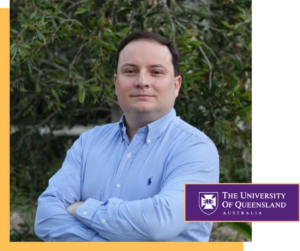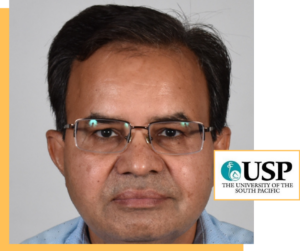Session 9: How RI is supporting sustainable agriculture, nutrition and development
Tuesday, 3rd December 3.00PM AEST | Breakout session
This session will guide policymakers on prioritizing efforts and funding for research infrastructures over the next decade to ensure global nutrition with minimal environmental impact. Key sub-themes include addressing climate change’s effects on food production, such as water scarcity and shifting agricultural zones.
Discussions will explore how RIs and their collaborations can develop new crops and management systems suited to changing climates, implement systems for optimal sowing and food distribution, and promote sustainable agriculture with reduced waste and a managed carbon budget.
The session will also focus on North-South agricultural collaboration, emphasizing how RIs can track and accelerate developments in Africa, the Indo-Pacific, Oceania, and beyond. It will highlight the role of RIs in leveraging expertise and facilities to address global food challenges and explore the integration of local and Indigenous food systems, including orphan crops, to achieve impactful development while safeguarding indigenous knowledge.

Moderator
Richard Dickmann is the CEO of the Australian Plant Phenomics Network (APPN). APPN provide state of the art Phenotyping services across 9 Australian Nodes. Richard has an extensive local and international career government and commercial plant bioscience, covering areas of marketing, development, research, government affairs and policy.

Panellist
Stijn Dhondt is Head of the VIB Agro-incubator, a high-tech research site which aims to catalyse the Agbiotech ecosystem, support early-stage start-ups, and accelerate innovative technologies for sustainable agriculture and food production. He implements vibrant ideas combining plant research, technological engineering, and computational developments towards a green and sustainable future. As Interim Director-General of the EMPHASIS research infrastructure, he brings together communities and stakeholders towards a common strategy for plant phenotyping in Europe.

Panellist
Professor Danielle Way is a world leader on the impact of climate change on crops and forests, based at The Australian National University (ANU). Dani has published over 95 peer-reviewed papers and been recognized as a Highly Cited Researcher since 2020. Dani is the Director of the Australian Plant Phenomics Network, where she leads a team of plant biologists and computer scientists to provide research infrastructure and high throughput phenotyping capabilities to researchers.

Panellist
Professor Wei Guo is an Associate Professor at the Graduate School of Agricultural and Life Sciences, the University of Tokyo, Japan. His research focuses on field-based phenotyping using advanced sensing platforms and technologies such as drones and ground robots, image processing, and machine learning approaches.

Panellist
Professor Paul Gauthier is a world expert in vertical farming and Professor of Protected Cropping at the Centre for Horticulture Sciences at the Queensland Alliance for Agriculture and Food Innovation. At the University of Queensland, he leads research on indoor plant physiology that leverages advanced plant modelling and a controlled environment to maximize yield and address global food security.

Panellist
Professor Sushil Kumar is the Director of Research at the University of the South Pacific in Fiji. He is an accomplished researcher and educator who has spent more than 30 years working across climate change impacts, natural hazards, and sustainability. Kumar has more than 15 years of administrative experience including as Associate Dean, Research and Graduate Affairs, and Director of Research.
We acknowledge the Traditional Owners of the lands and waters throughout Australia, and pay respect to the Elders past, present and emerging. We recognise the importance of connection to culture, land, kinship and community to the health and wellbeing of Aboriginal & Torres Strait Islander families. We acknowledge the cultural practices and traditions still carried out today and being passed down to future generations.


